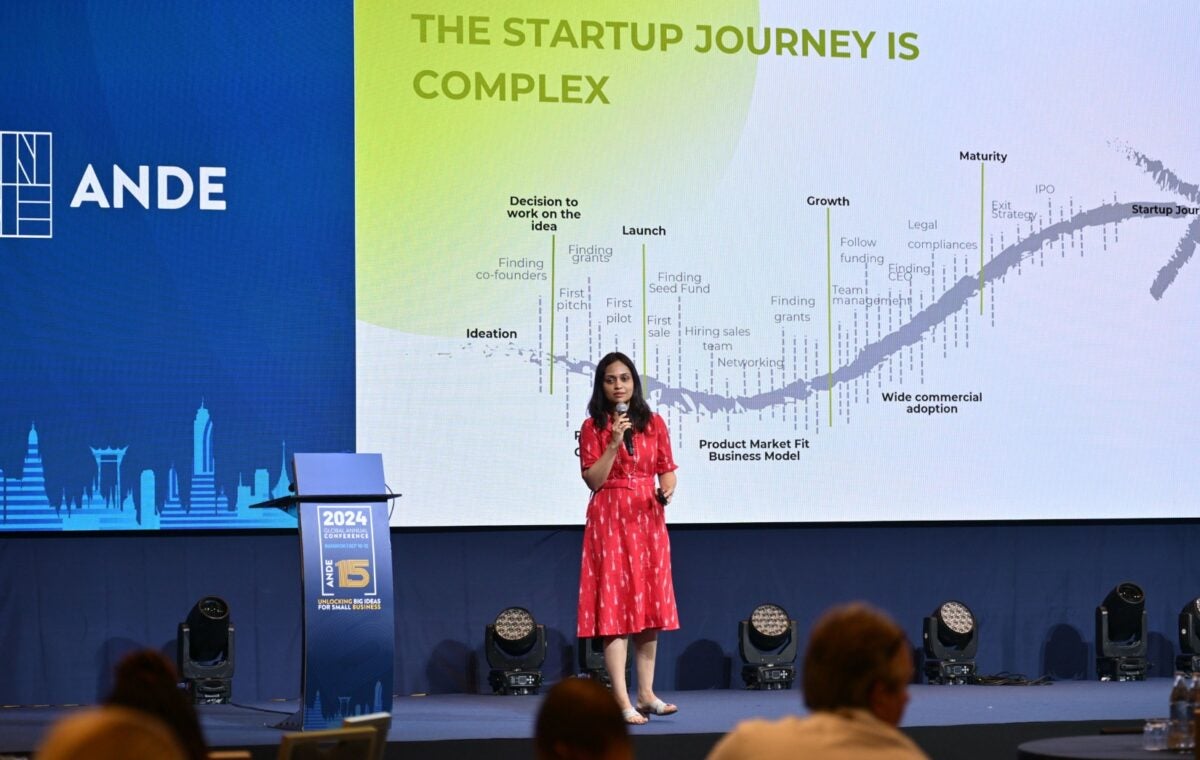
What Our Members Want to Discuss in 2025
From funding friction to youth inclusion, the session proposals for ANDE’s 2025 Global Annual Conference reveal a bold, evolving agenda.
This year’s submissions chart the spectrum of priorities for building entrepreneurial ecosystems that are local, data-driven, inclusive, and ready to scale.
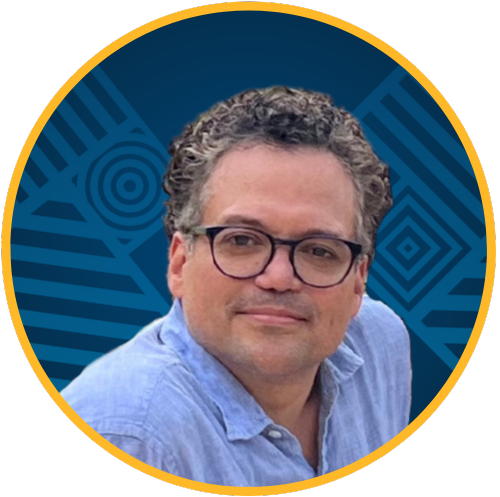 What the Sessions Proposals Reveal About the Future of Ecosystem Building
What the Sessions Proposals Reveal About the Future of Ecosystem Building
By Roger Santodomingo, ANDE
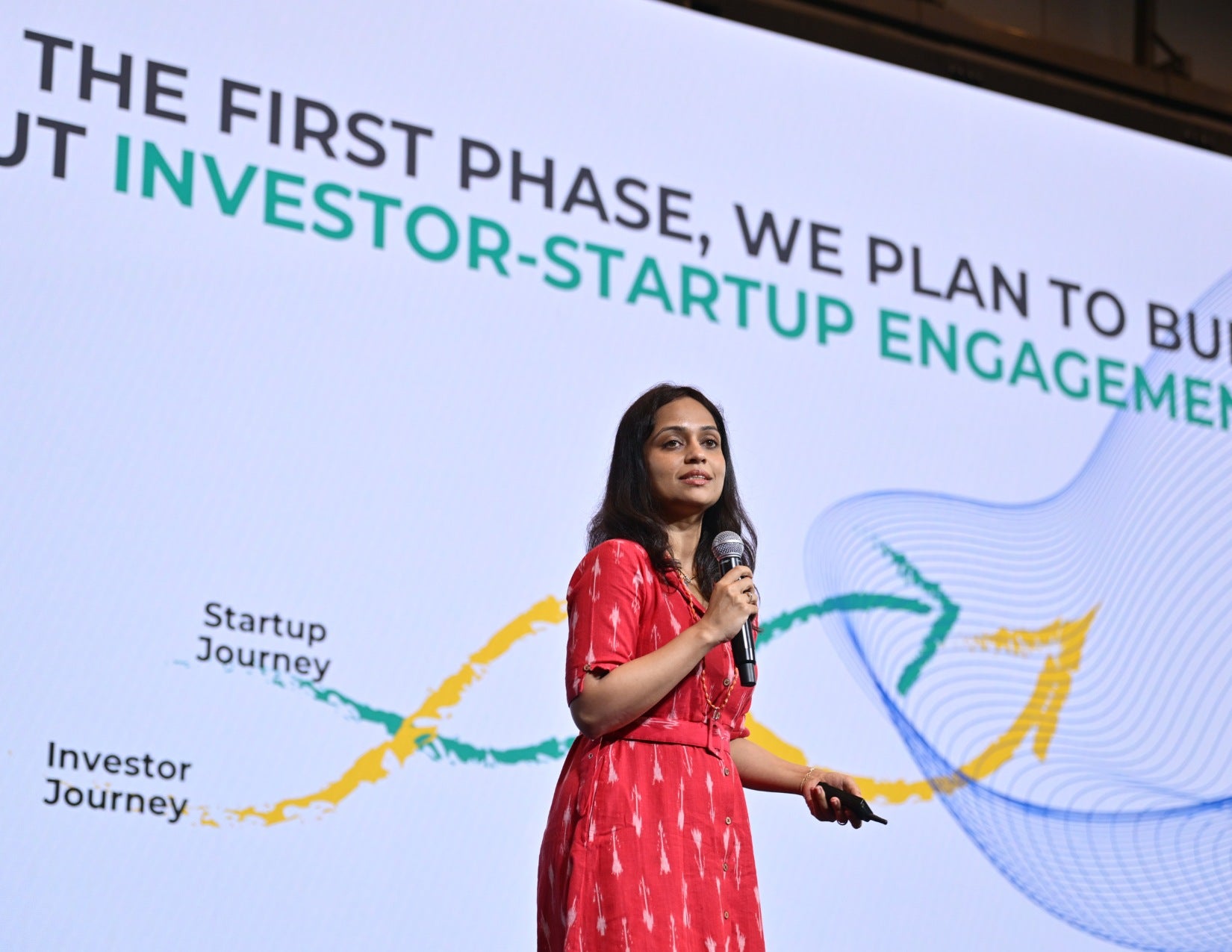 When we invited members and partners to submit session proposals for our 2025 Global Annual Conference, we asked them to help define the theme: Building the Ecosystems of the Future: Connect, Innovate, Transform. Over 100 ideas poured in from across ANDE’s network—ideas that illuminate not just where we are now, but where we’re headed.
When we invited members and partners to submit session proposals for our 2025 Global Annual Conference, we asked them to help define the theme: Building the Ecosystems of the Future: Connect, Innovate, Transform. Over 100 ideas poured in from across ANDE’s network—ideas that illuminate not just where we are now, but where we’re headed.
From rural Guatemala to the heart of Mexico’s industrial corridors, from early-stage climate tech startups to long-established impact investors, these proposals offer a panoramic view of the issues that matter most to ecosystem builders today. They also surface new patterns—shifting narratives, sharper questions, and emerging coalitions.
We are working to fairly assess the merits of all the proposals to curate the best possible agenda for the upcoming Global Annual Conference in the Riviera Maya, Mexico. Here’s what we’re seeing.
Local Roots, Global Patterns: The Rise of Regional Ecosystem Stories
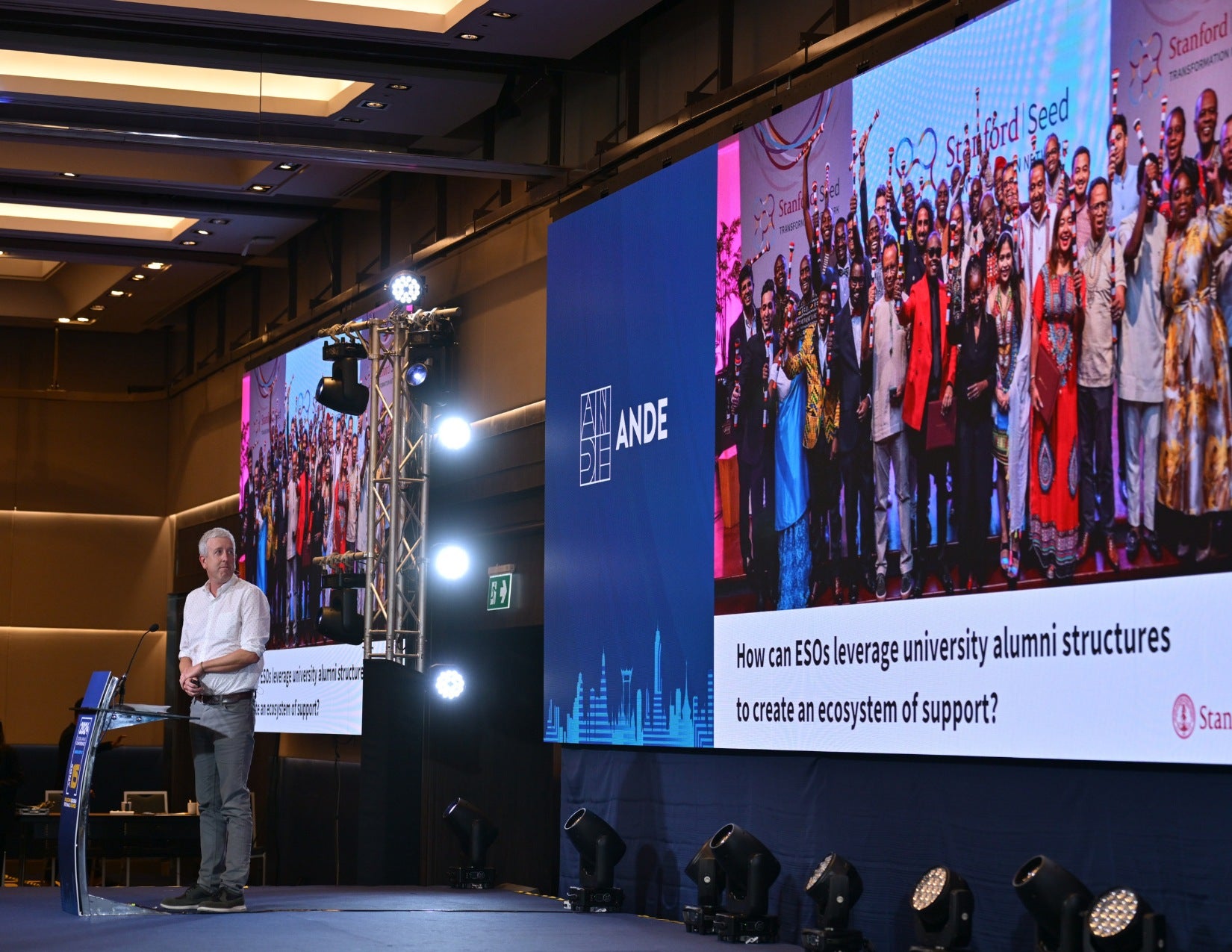
Session proposals from Latin America, Central America, and Southeast Asia highlight an increasingly common frame: locally grounded ecosystems with globally relevant lessons. Submissions range from a World Café-style session unpacking cities’ public-private coordination models to case studies on agricultural producers. These sessions reflect a shared belief that ecosystem building is most effective when strategies are co-designed with communities and scaled through networks—not templates.
What’s new: An emphasis on mid-tier actors—chambers of commerce, rural cooperatives, municipal offices—as ecosystem orchestrators, not just support players.
From “Access to Finance” to “Designing the Capital Stack”
While the financing gap is a familiar issue, members are getting more specific—and more strategic—about how to address it. Several sessions propose tools and frameworks to design capital stacks that blend public, private, and philanthropic funding tailored to small and growing businesses (SGBs). Others focus on flipping traditional grantmaking by starting with market demand and backing solutions that can fill that gap.
What’s new: Movement away from diagnosing the funding gap toward co-creating capital solutions with ecosystem stakeholders.
The Talent Question: Building Human Infrastructure
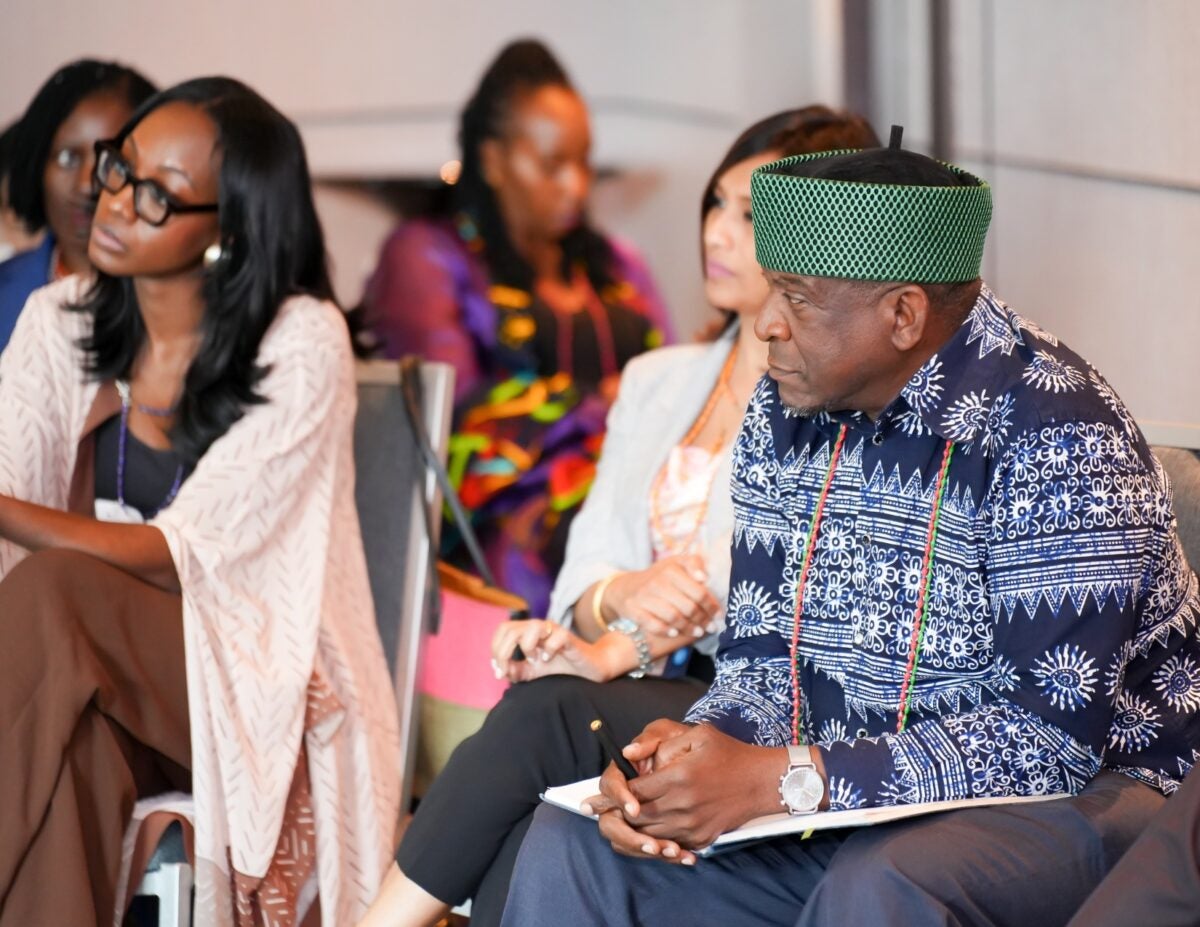 A cluster of proposals asks: Who are the people who build and maintain ecosystems? From youth entrepreneurship to higher education partnerships, session topics spotlight the need for intentional talent development. One proposal explores how to adapt university alumni engagement strategies to create lasting ESO networks; another builds empathy exercises to map the journey of underrepresented founders.
A cluster of proposals asks: Who are the people who build and maintain ecosystems? From youth entrepreneurship to higher education partnerships, session topics spotlight the need for intentional talent development. One proposal explores how to adapt university alumni engagement strategies to create lasting ESO networks; another builds empathy exercises to map the journey of underrepresented founders.
What’s new: Using methods from education and social innovation—like journey mapping, role-play, and co-design—to strengthen the soft infrastructure of ecosystems.
Small Group, Big Shift: Co-Creation over Panelization
The most popular format in 2025? Small group discussion. Practitioners want fewer presentations and more interaction—reflecting a growing appetite for co-creation, not consumption. From simulations to open canvases to guided scenario planning, session designs are becoming more collaborative.
What’s new: Learning formats that move from “best practices” to “shared problem-solving,” especially in sessions on data sharing, evaluation, and strategic alliances.
Intersectionality in Practice: Climate, Gender, and Migration
Several standout proposals apply a systems lens to long-standing development challenges—especially climate resilience, gender equity, and migration. Sessions delve into building climate-smart value chains, financing women-led rural enterprises, and engaging displaced entrepreneurs in formal ecosystems.
What’s new: Not just talking about intersectionality, but using data and systems thinking to operationalize it in ecosystem strategy and measurement.
This year’s session proposals tell us that ANDE’s community is asking sharper questions—and building bolder collaborations. The agenda is shifting from reactive support to strategic design; from siloed programs to connected systems; from isolated stories to scalable solutions. Members are not just proposing new tools. They are reshaping the conversation about what it means to build ecosystems that are fit for the future.
We will be presenting a draft agenda for the Conference very soon. And even if you didn’t get the chance to submit a session, there will be plenty of space for your voice. The conference is designed to be discussion-based, with interactive formats that encourage input, reflection, and collaboration at every turn.
If you haven’t registered, now is a good time to save your spot. We look forward to meeting and exchanging ideas with you at Haven Riviera Cancún for ANDE’s 2025 Global Annual Conference—where these conversations, and the people driving them, will come to life.
Interested in ecosystem transformation and not an ANDE member? Learn more about the benefits of membership. Subscribe to ANDE’s newsletter for updates on the agenda, speakers, and registration for the Global Annual Conference 2025.

